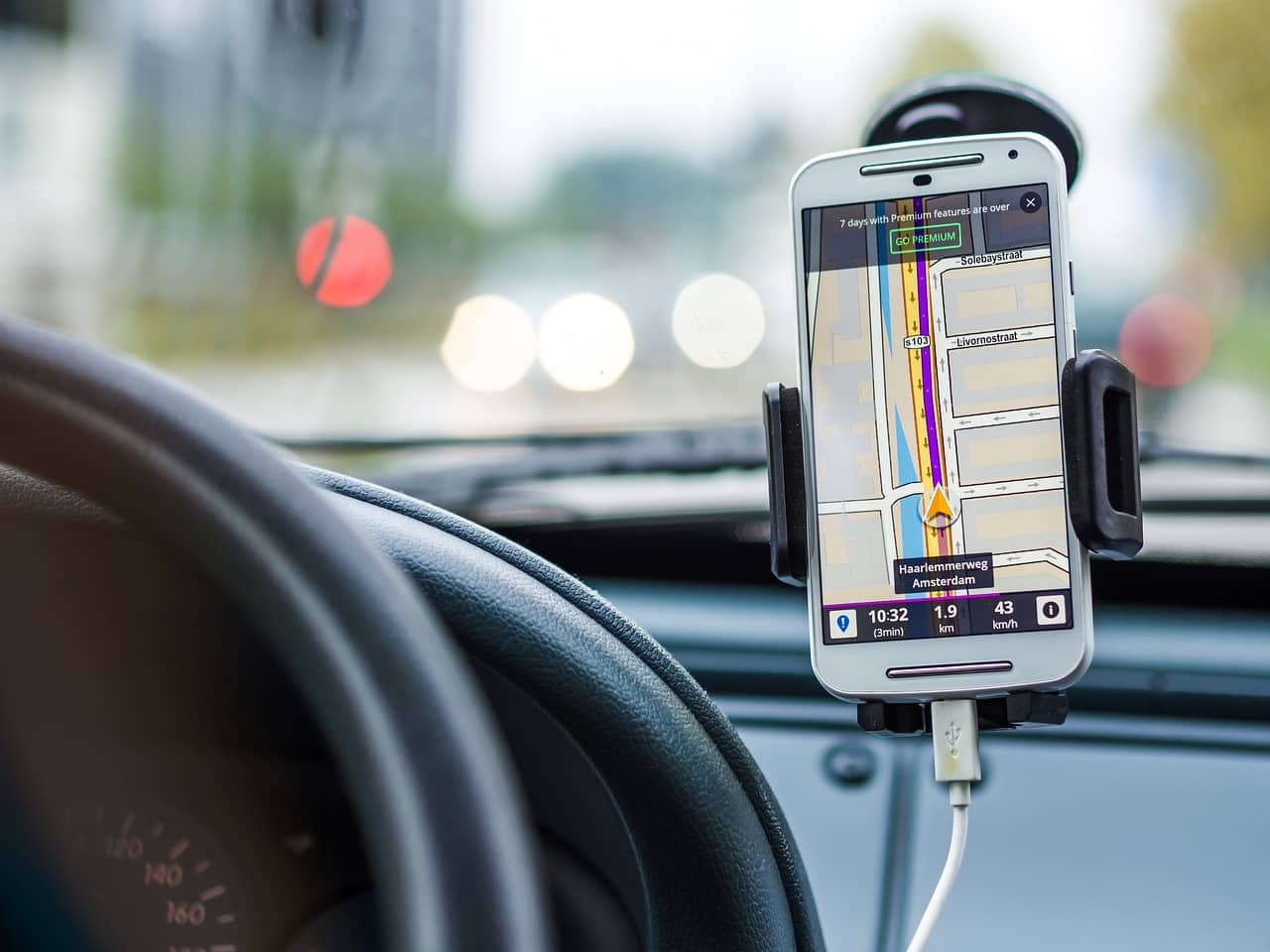Estimated reading time (in minutes)

The Gig Economy in a very hard-hitting judgment, the commercial chamber of the Court of Cassation reclassified on November 28, 2018 the relationship between a courier-delivery of meals and a digital platform as an employment contract. The court emphasized that the existence of an employment relationship is not determined by the express will of the parties or the label given to their agreement, but rather by the factual conditions under which the activities of the workers are carried out. Subordination, characterized by the fact of working under the authority of an employer who has the power to give orders, to direct, to control the execution and to impose sanctions, is a key factor in determining this relationship.
Judgment of the Court of Cassation: requalifying courier contracts:-
With the emergence of next-generation digital services and the phenomenon of the “uberisation” of society, the legal qualification of these working relationships has become an urgent question. French courts are increasingly grappling with this question, and the Court of Cassation is trying to provide answers. The use of independent workers, such as auto-entrepreneurs, has been increasing for years. However, the use of this device in conditions similar to salaried employment has become widespread and this instrumentalization seems to be gaining momentum.
The Change in the Legal Landscape : Protecting Workers in the Gig Economy: –
In this context, one year after the famous Take Eat Easy judgment, the senior magistrates again examined the relationship between a truck driver, exercising as a self-employed entrepreneur, and the company that employed him. To requalify the disputed relationship, the magistrates engaged in a reasoning in several stages and compared different sets of indicators. They invoke Article L-8221-6-1 of the Labor Code and engage in a contrario reasoning. This article presumes self-employment when the working conditions are exclusively defined by the individual or the contract with the principal. In the case of the company and the driver, several factors were noted, including the provision of a vehicle by the company (with fuel and maintenance costs covered),the company’s pre-determined delivery destinations and the requirement for the driver to provide activity records. to the company.
On the basis of these key indicators, the Court of Cassation quickly recognized the company’s power of subordination over the driver, the lack of independence in the organization and execution of the work, and therefore qualified the relationship of employment contract. This decision reinforces the previous Take Eat Easy judgment and is in line with the current trend in French labor law, which aims to protect workers in these emerging professions and to restore the legal framework defined by the Labor Code.
In 2020, the Court of Cassation issued a new decision requalifying an Uber driver, initially qualified as self-employed, as an employee. This is a recent update on the changing labor law landscape in France.
